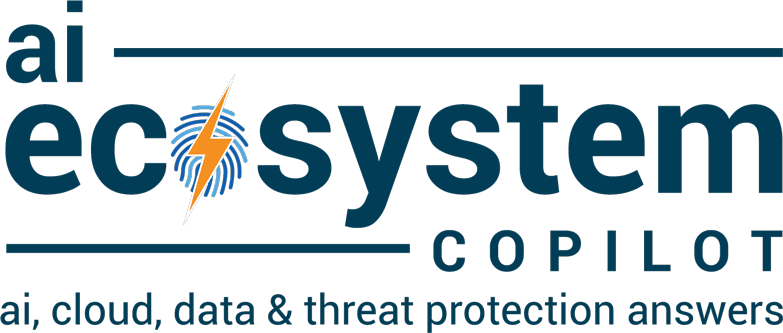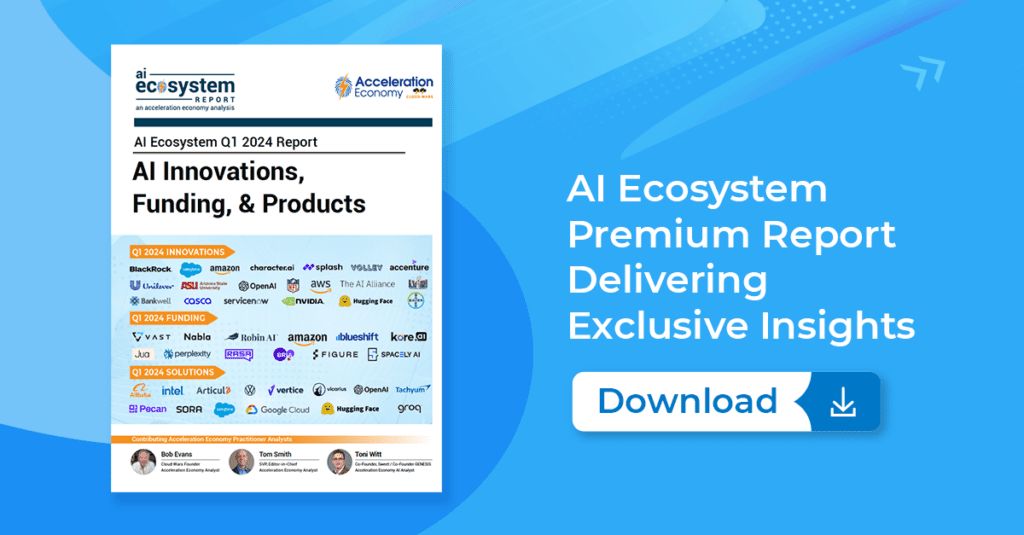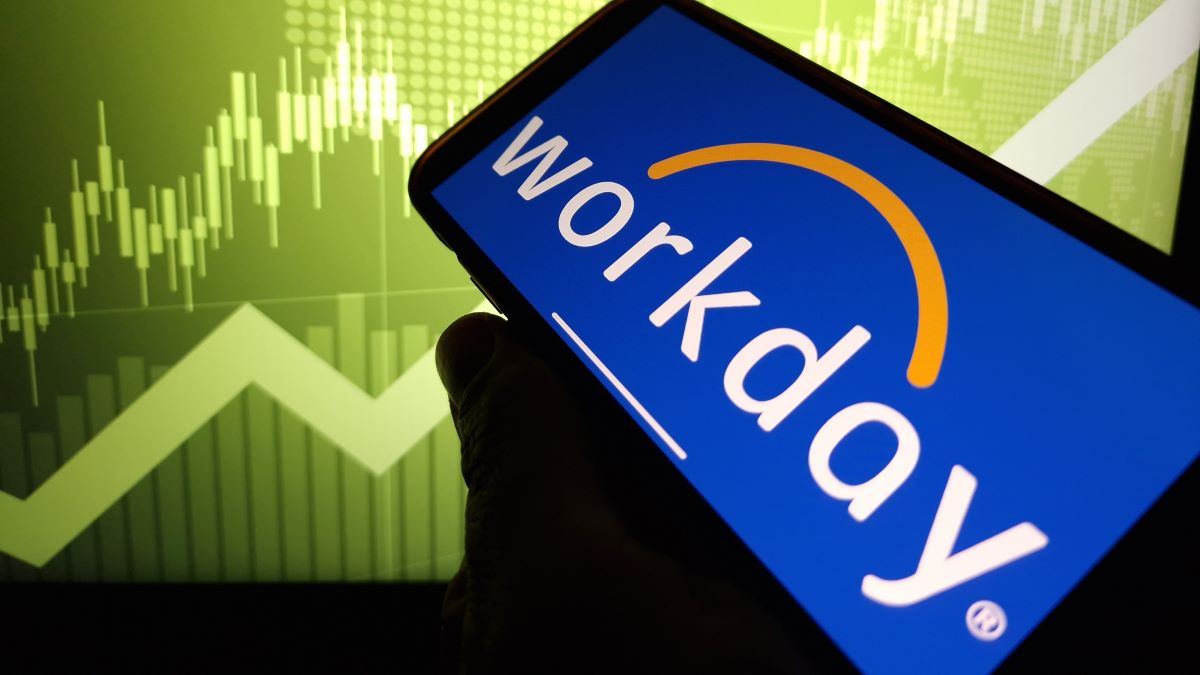Workday’s recent decision to expand its public-cloud partnerships with Google Cloud and Amazon Web Services raises the interesting question of whether Workday’s new advocacy for working with hyperscalers will extend to public-cloud partnerships with Oracle and Microsoft — two of its primary rivals in the enterprise-apps market.
As is always the case with Workday, greater value and innovation for customers is the primary driver behind its strategic relationships with AWS and Google Cloud. In a recent blog post, Workday senior VP for infrastructure and production engineering Campbell Webb offered this perspective:
“In the beginning, we invested heavily in our own purpose-built data centers. That’s because the public cloud was just starting and had not yet proven its value for enterprise applications. As time went on, we increasingly used the public cloud for our internal testing and development needs. And in the years since, we’ve seen public cloud services mature by leaps and bounds. This led to our decision to partner with innovative public clouds such as Amazon Web Services (AWS) and Google Cloud Platform (GCP) to accelerate innovation and time to value for our customers.
“Now, we believe substantially expanding our public cloud offerings across multiple enterprise-class vendors will help us continue to deliver unique value to our customers — no matter their size, region, or industry — and give them more opportunities for innovation regardless of regulatory or business drivers.”

Ask AI Ecosystem Copilot about this analysis
Webb also disclosed that Workday solutions are now available on the Google Cloud Marketplace “to enhance how customers build and manage apps on Workday. Through the partnership, Workday will use Gemini models and Vertex AI to enable gen AI capabilities within Workday Extend, helping customers optimize business performance, generate powerful business insights, and expedite transaction and closing processes.”
Workday made its solutions available on the AWS Marketplace several months ago, and the recent expansion of its collaborations with Google Cloud reveals an unmistakable desire to pair up with hyperscalers as a way to not only drive greater value and innovation to customers but also provide new growth opportunities for Workday.
In light of that, I want to take a closer look at something Webb wrote in his blog post and that I cited in the excerpt above: “Now, we believe substantially expanding our public cloud offerings across multiple enterprise-class vendors will help us continue to deliver unique value to our customers….” (emphasis added).
The phrase “multiple enterprise-class vendors”: with two vendors on board — Google Cloud and AWS — then technically Workday has met the requirement for “multiple.” But in today’s cloud-dependent world, will two be enough? After all, there are four hyperscalers: Microsoft, AWS, Google Cloud, and Oracle.
This is where things can get tricky for Workday — or maybe not. Oracle is one of Workday’s primary competitors in the enterprise-apps space, and so it would be understandable if Workday chooses not to extend its move toward hyperscaler partnerships to Oracle.
In a similar way, some of Microsoft’s Dynamics 365 applications compete with Workday’s HCM and Financials apps, but in spite of that the companies have been partners on several fronts. Could they overcome that competitive reality and forge a hyperscaler partnership so that Workday solutions run on Azure? I think that’s fairly likely.
In the Oracle case, I think a possible breakthrough factor are the recent multicloud agreements Oracle has reached with Microsoft several months ago and with Google Cloud a couple of weeks ago. In that spirit, some of the Cloud Wars Top 10 vendors have shown a willingness to transcend their competitive battles in certain segments by partnering up in other categories because the value to customers can be quite significant.
If I were to lay odds on whether Workday will strike public-cloud deals with hyperscalers Microsoft and Oracle, I’d say there’s a 90% chance of a deal for Azure, and a 40% deal with Oracle.
Granted, 40% might not seem like great odds — but one year ago, it would have been 0%.
Another reminder that here in the Cloud Wars, the future — and the often-remarkable changes it brings — is coming at us faster than ever before.

The AI Ecosystem Q1 2024 Report compiles the innovations, funding, and products highlighted in AI Ecosystem Reports from the first quarter of 2024. Download now for perspectives on the companies, investments, innovations, and solutions shaping the future of AI.

